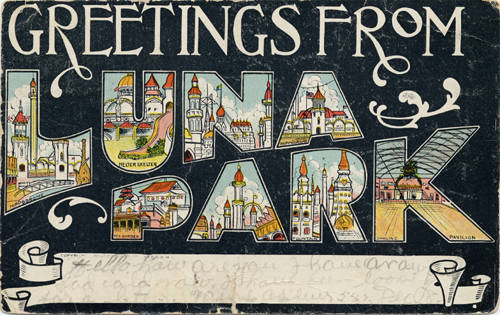by S.S.
Meet Jade Pichette, Volunteer and Outreach Coordinator for the Canadian Lesbian and Gay Archives (CLGA). Although Pichette’s background in social work might make them an outlier in the archival field, they see this atypical professional experience as …

